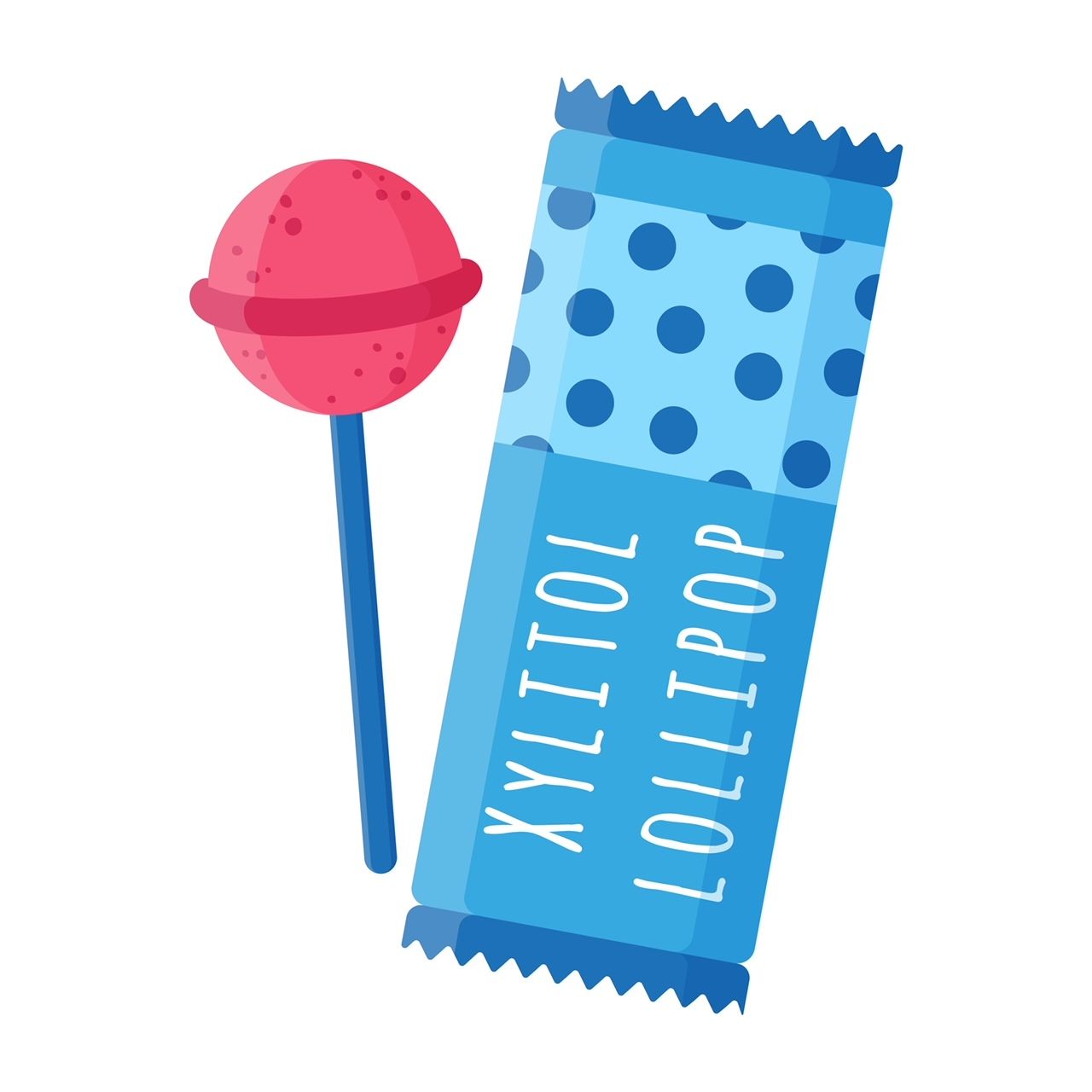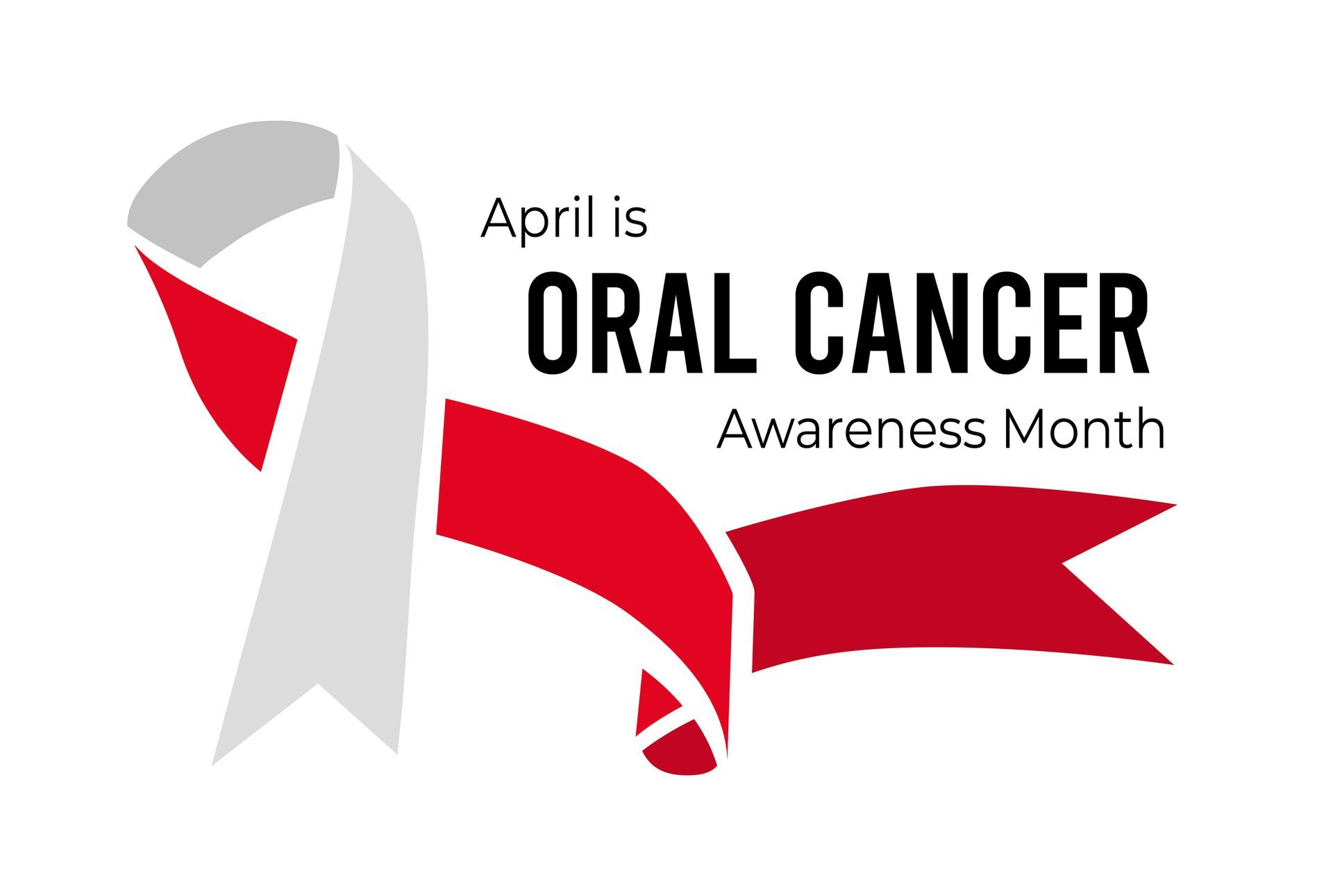Exploring Tooth-Friendly Candies: A Sweet Solution for Oral Health
Candy and oral health have traditionally been at odds, with sugary treats being notorious contributors to tooth decay. However, not all candies spell trouble for dental health. This article highlights types of candy that are less harmful to teeth, offering a guilt-free way for both children and adults to indulge their sweet tooth.

The Culprit Behind Tooth Decay: Sugar
Traditional candies are loaded with sugars that oral bacteria feed on, producing acids that erode tooth enamel and lead to cavities. The key to finding tooth-friendly candies lies in selecting those with alternative sweeteners or compositions that minimize these harmful effects.
Tooth-Friendly Candies
1. Xylitol-Sweetened Candies: Xylitol, a natural sugar alcohol, does not ferment by oral bacteria, thus reducing the risk of acid production. Candies sweetened with xylitol can actually help prevent cavities by inhibiting the growth of decay-causing bacteria and neutralizing oral pH levels.
2. Dark Chocolate: High-quality dark chocolate (with a high cocoa content and less sugar) is a healthier choice for teeth. Cocoa contains compounds that may help combat oral bacteria and reduce inflammation in the mouth.
3. Dairy-Based Candies: Dairy products like cheese are not only low in sugar but also contain calcium and phosphates that strengthen teeth. Cheese-based or yogurt-based candies can be a healthier option, provided they don’t contain added sugars.
4. Gummy Candies with Sugar Substitutes: While traditional gummy candies are a dental nightmare due to their stickiness and high sugar content, those made with sugar substitutes like stevia or erythritol are less harmful.
5. Sugar-Free Hard Candies: Sugar-free hard candies, especially those containing malitol or sorbitol, can stimulate saliva flow, helping to wash away food particles and neutralize plaque acids.

Benefits Beyond Being Tooth-Friendly
Apart from being less harmful to teeth, these candies often come with added benefits:
• Xylitol candies can reduce the risk of ear infections in children.
• Dark chocolate contains antioxidants that are beneficial for overall health.
• Dairy-based candies can contribute to calcium intake.
Considerations and Cautions
While these alternatives are better for dental health, moderation is still key. Excessive consumption of candies, even tooth-friendly ones, should be avoided. Additionally, sugar alcohols like xylitol and sorbitol can cause digestive issues in some people if consumed in large quantities.
Dental Care Tips
It’s important to remember that no candy is a substitute for good oral hygiene. Regular brushing, flossing, and dental check-ups are indispensable. Drinking water after consuming candy can help rinse away any residual sugars or acids.
Conclusion
Tooth-friendly candies offer a sweet compromise, allowing candy lovers to indulge without the guilt of damaging their teeth. By choosing candies that are kind to dental health and practicing good oral hygiene, it is possible to enjoy sweets without compromising oral well-being. Remember, moderation and regular dental care are essential for maintaining a healthy, cavity-free smile.




